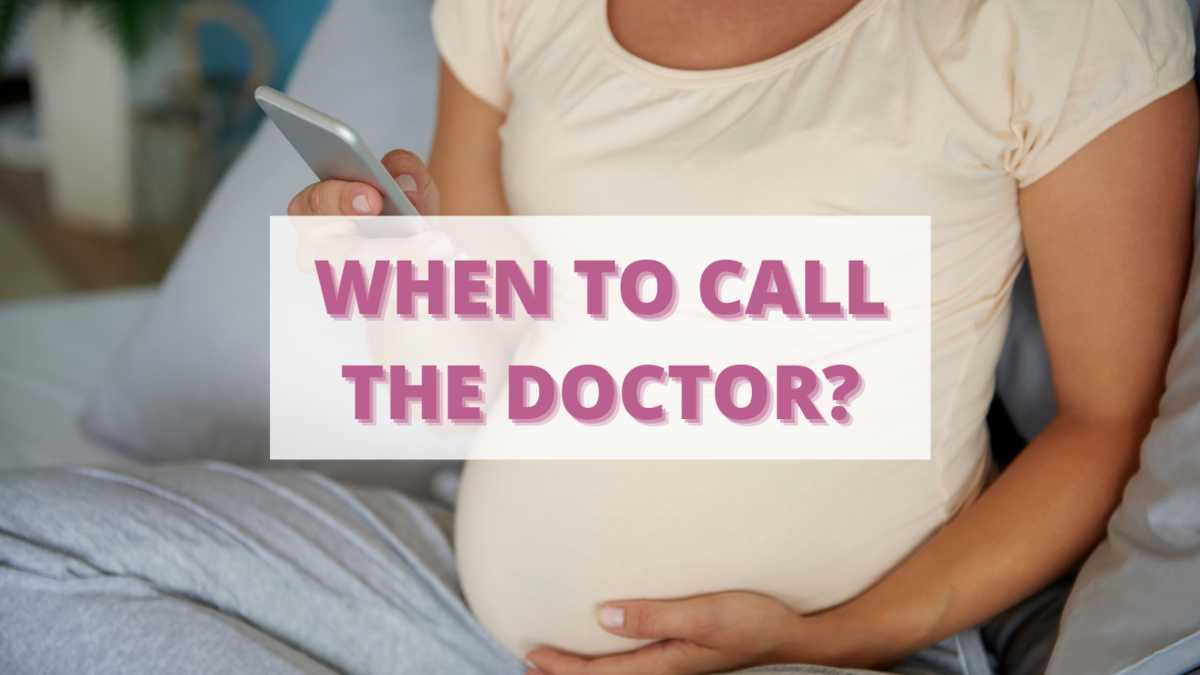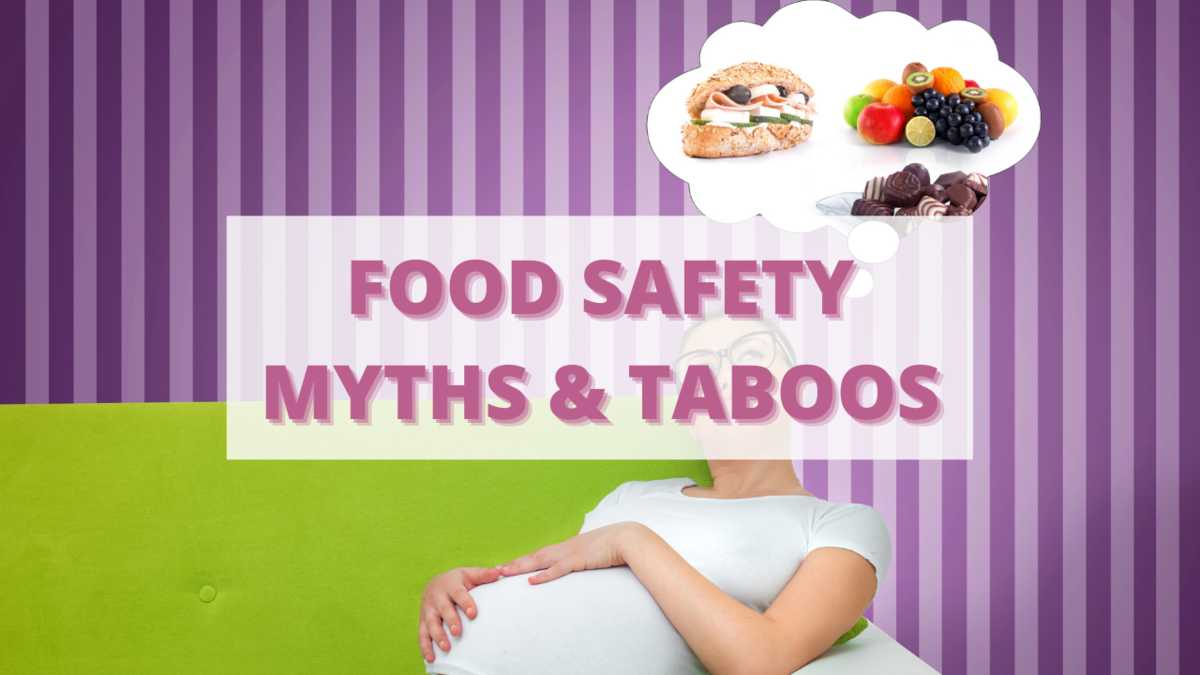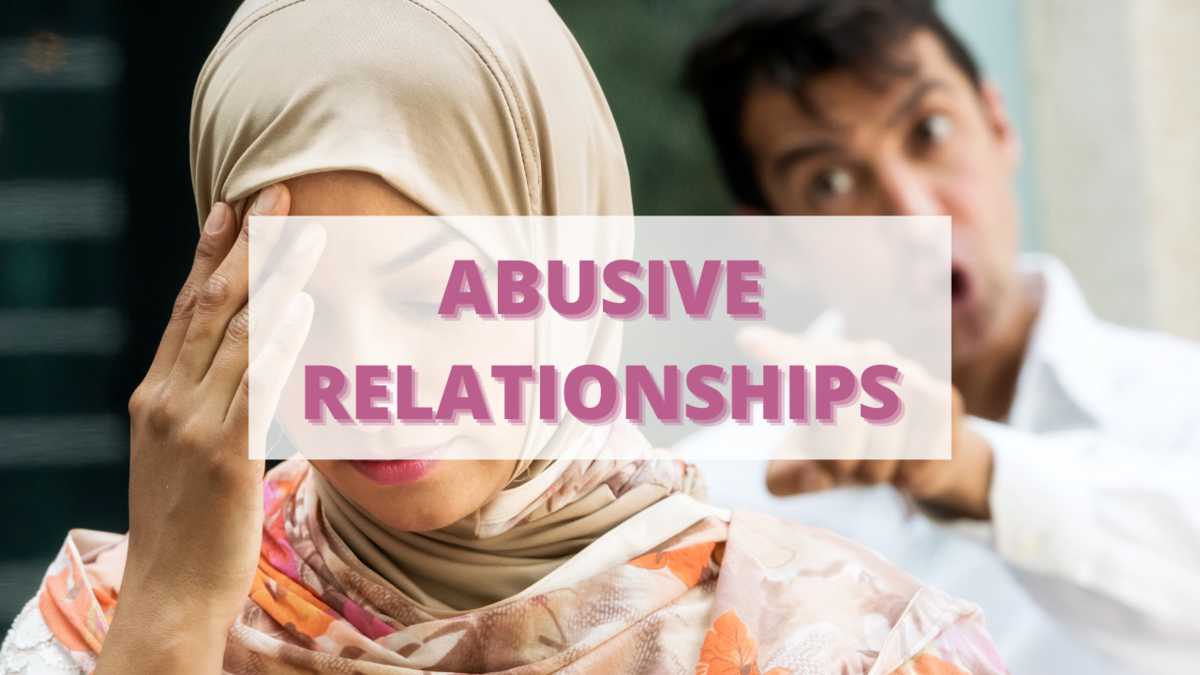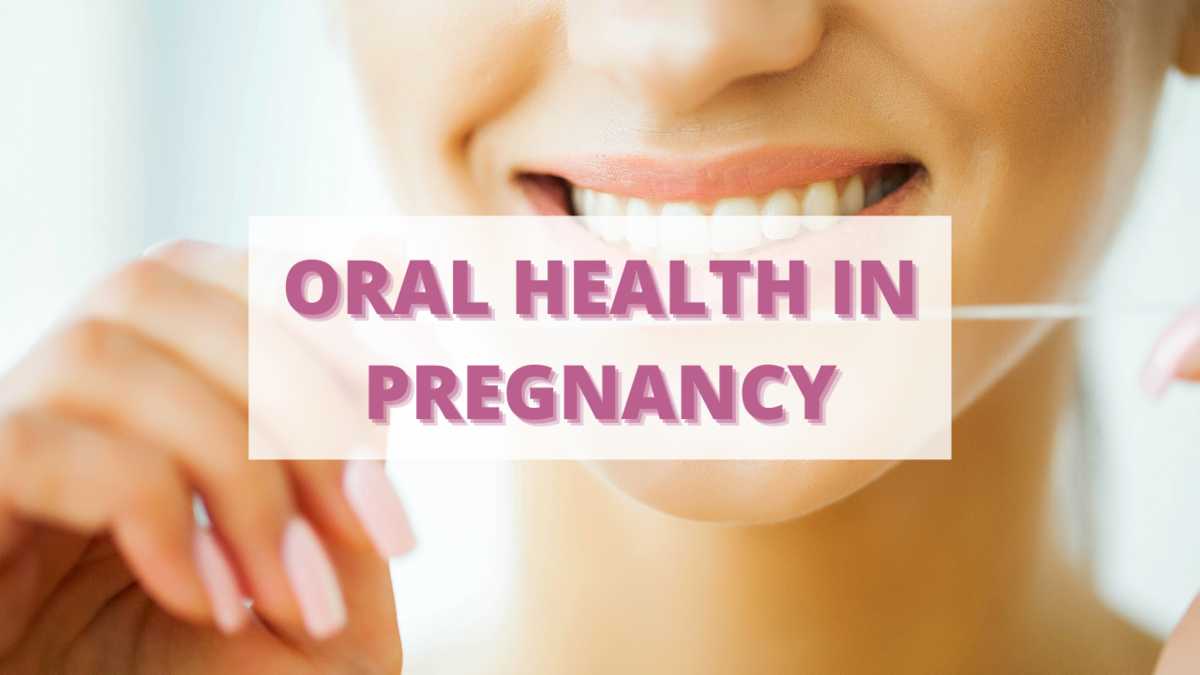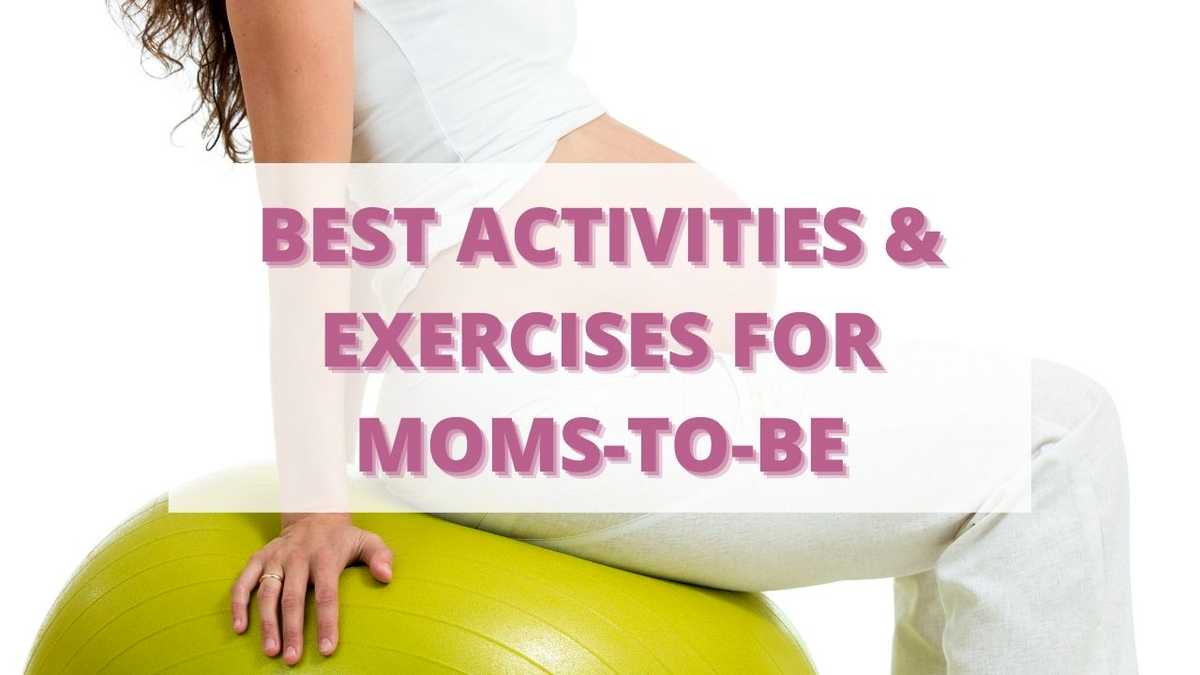Iron is a mineral which the body uses to make haemoglobin, a protein that helps carry oxygen from your lungs to the rest of your body.
Iron is a mineral which the body uses to make haemoglobin, a protein that helps carry oxygen from your lungs to the rest of your body. You need 50% more iron during pregnancy than a lady who is menstruating and is not planning a pregnancy.
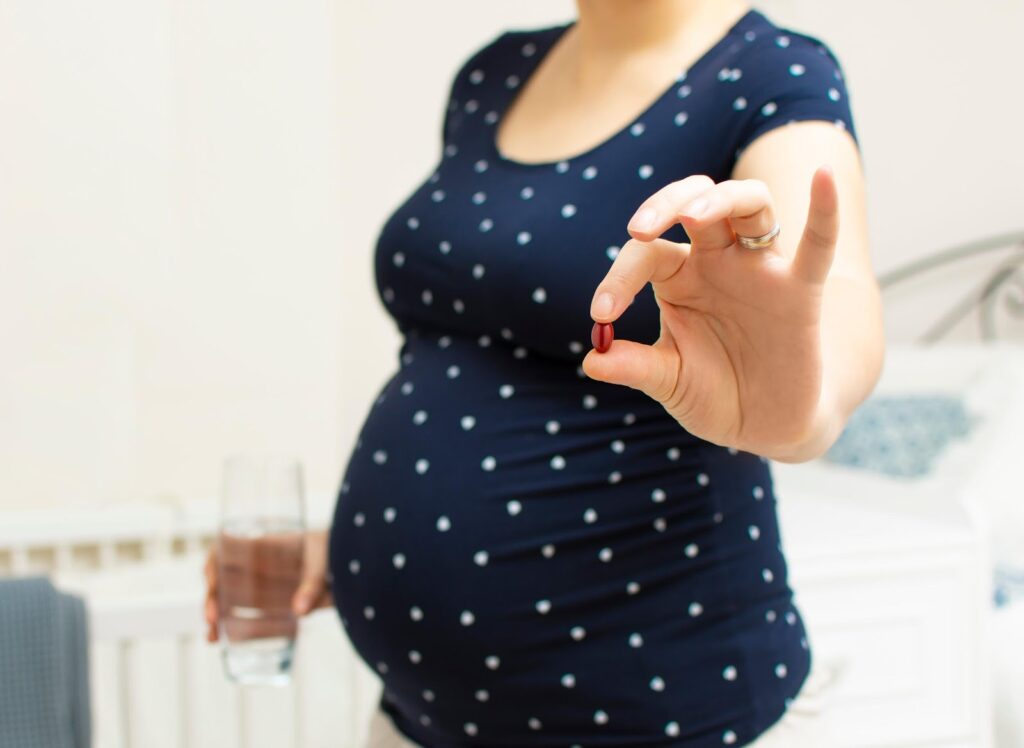
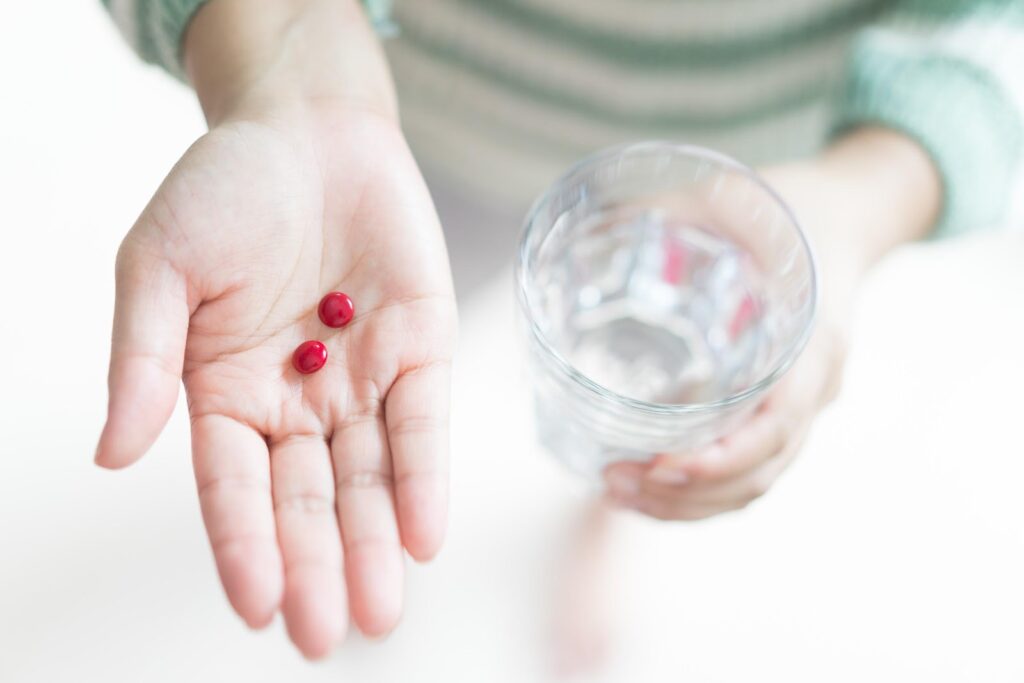
Why is iron important during pregnancy?
- When you’re pregnant, your body needs this iron to make more red blood cells so it can carry oxygen to your baby. Your baby also needs iron to make his/her own blood.
- Iron is also important in fetal brain development
Women who are not pregnant need 18-20 mg of iron per day. Pregnant women need more and are advised to have 27 mg of iron per day.
Sources of Iron needed for the body:
Prenatal supplements are a good source for the increased iron requirement during pregnancy. Consult your doctor for the right dose of iron supplement that is required for you.
In addition to taking a prenatal vitamin with iron, you should eat iron-rich foods which are of two kinds:
- Heme iron from meat, poultry and fish.
- Non-heme iron from plant-based foods
The foods which have iron are:
- Lean meat, poultry and seafood
- Cereal, bread and pasta that has iron added or fortified to it
- Leafy green vegetables
- Beans, nuts, lentils, raisins and dried fruit
- Fruits and vegetables that help your body absorb iron, including orange juice, grapefruit, strawberries, broccoli, and peppers.
Your body absorbs more non-heme iron when you eat fruits and vegetables together with meat, poultry and fish or with food that is high in vitamin C. Foods with a lot of vitamin C include grapefruit, mango, papaya, cantaloupe, tomatoes, cabbage, spinach and broccoli.
What are the risks of having iron deficiency?
If you don’t get enough iron during pregnancy, you may be more likely to:
- Be prone to infections
- Suffer from anaemia which means having too little iron in your blood.
- Feel fatigued and tired
- Possibility of a premature baby, which means your baby is born too soon, before 37 weeks of pregnancy.
- Have a low birth-weight baby which means your baby is born weighing less than 2.2 kgs
Conclusion
If the daily iron needs are not met by food sources, an iron supplement is recommended for pregnant women as it has several benefits and is required by the body as well as the growth of the baby. It is important to speak to your health practitioner to find the right advice on iron supplementation.
Special thanks to Dr Parul Kotdawala (MD, FICOG , FICMCH , MNAMS) for expert advice


